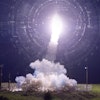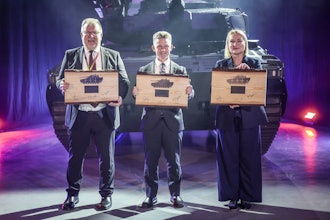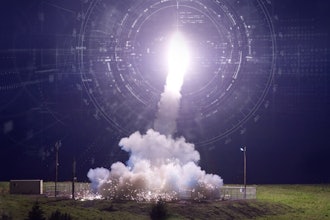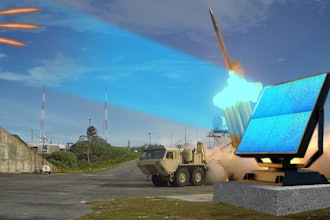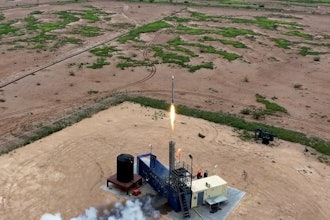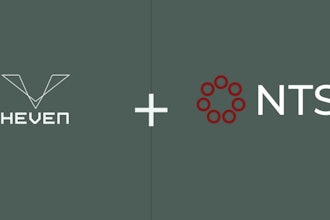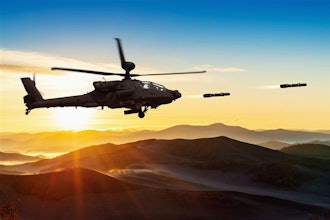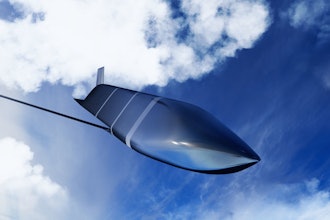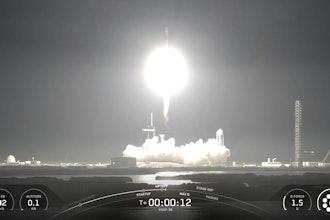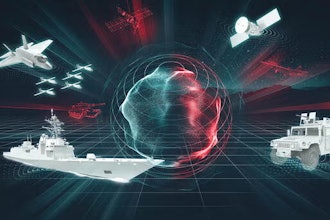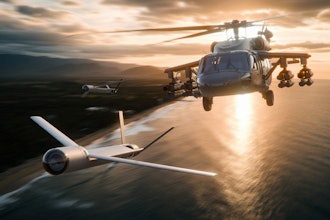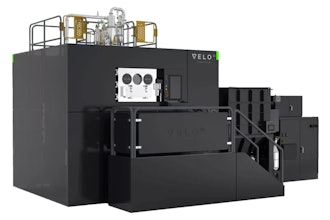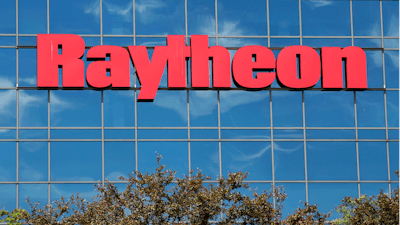
Raytheon and United Technologies will join to create a massive aerospace and defense company in a sector that is already rapidly consolidating.
The combined company, which will count among its portfolio of weaponry the F-35 fighter jet engines, Patriot and Tomahawk missile systems in addition to space suits and intelligence technology as well as Pratt & Whitney engines used in both commercial and military aircraft, anticipates annual revenue of $74 billion if approved.
That means it still trails Boeing Co. in heft, but the deal may give the soon to be renamed Raytheon Technologies Corp. leverage with suppliers and contractors over other heavyweights in the industry like Lockheed Martin Corp. and Northrop Grumman Corp.
Costs for the company could eventually be trimmed by $1 billion each year as it strips away duplicative functions.
The combined company would be valued at well over $100 billion even after United Technologies completes the planned spin-off of a good chunk of its commercial, industrial wing. The deal is expected to close in the first half of 2020, after those assets are shed by United Technologies.
"The combination of United Technologies and Raytheon will define the future of aerospace and defense," said Greg Hayes, United Technologies chairman and CEO, who will become the CEO of the combined company.
The companies will push to develop new technologies more quickly with combined R&D spending of $8 billion annually and more than 60,000 engineers. Raytheon Technologies will focus on hypersonics — vehicles or weapons which can fly five times faster than the speed of sound — as well as intelligence and surveillance systems, artificial intelligence for commercial aviation and cybersecurity for connected planes.
The deal would push United Technologies further from the cyclical nature of its commercial businesses, and more deeply into the defense sector.
Industry analysts saw fewer advantages for Raytheon, but noted that it has ensured that it is not left behind in the push to grow bigger in aerospace and defense.
"The rationale seems to address (United Technologies') needs more than Raytheon's, unless this was also about simply finding the best partner in a consolidating space," wrote Joseph DeNardi, a defense analyst with Stifel. "A scenario whereby Raytheon would be competing longer-term against Lockheed Martin and a combined Northrop + (United Technologies) may have been an unacceptable outcome of consolidation for Raytheon."
DeNardi also once saw Boeing as the likely buyer of Raytheon, but said it may have been hobbled by the grounding of its fleet of its 737 Max aircraft.
Raytheon shareholders will receive 2.33 shares in the new company for each Raytheon share. Once the merger is complete, United Technologies shareholders will own approximately 57% of the company; Raytheon shareholders will own the rest.
Two years after the deal closes, Hayes will also become chairman. Until then, Raytheon Chairman and CEO Tom Kennedy will be the executive chairman. The company's board will have eight directors from United Technologies and seven from Raytheon.
Both executives said Monday that there is little overlap between the companies and that they do not anticipate pushback from anti-monopoly regulators.
However, President Donald Trump voiced concerns about the deal when he phoned in to the CNBC early Monday.
"When I hear they're merging ... does that take away more competition?" asked Trump. "It becomes one big, fat beautiful company, but I have to negotiate, meaning the United States has to buy things. Does that make it less competitive?"
In 2018 there were eight mergers in defense and aerospace exceeding $1 billion in value, including an all-stock deal between L3 Technologies and Harris, and General Dynamics' acquisition of CSRA Inc., according to PricewaterhouseCoopers.
Raytheon Co., is based in Waltham, Massachusetts. United Technologies Corp., based in Farmington, Connecticut. Raytheon Technologies will be based near Boston.
Shares of Raytheon rose about 2% early Monday, a day after the deal was announced. United Technologies fell 2%.


